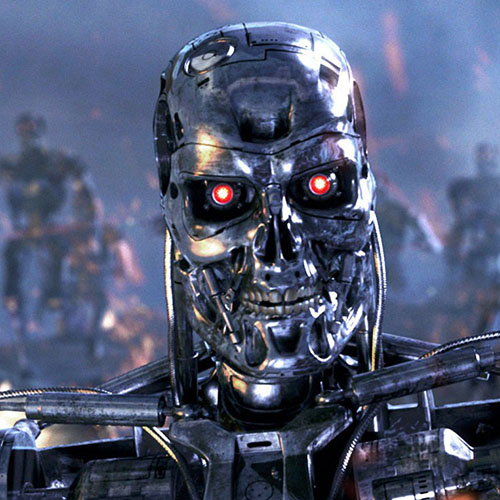
Science fiction is loosely defined as any speculative fiction, including genres such as alternative history, fantasy, and horror, although there are several enduring themes that persist in the most popular sci-fi films.
Alien contact, space exploration, time travel, artificial intelligence, and imaginations of future technologies and societies are some of the most common themes among the 50 best science fiction movies of all time.
To determine the 50 best sci-fi movies of all time, 24/7 Wall St. created an index based on user ratings from IMDb and Rotten Tomatoes. The films range from 1931 to this year.
Click here to see the best sci-fi movies of all time.
Click here to see our detailed findings and methodology.
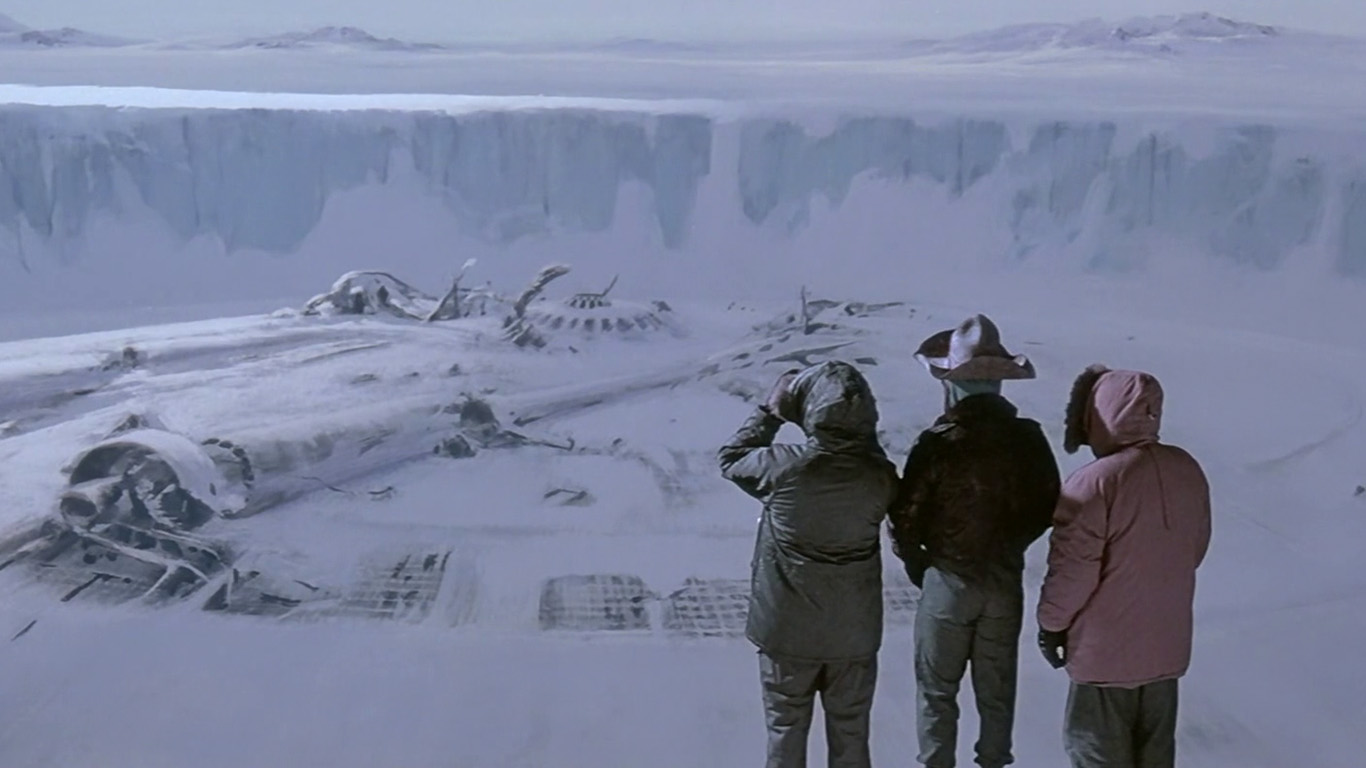
50. The Thing
> Released: 1982
> Director: John Carpenter
> Themes: Human fear, genetic engineering
> Awards: 3 nominations
> Inflation-adjusted domestic box office: $41.67 million
[in-text-ad]
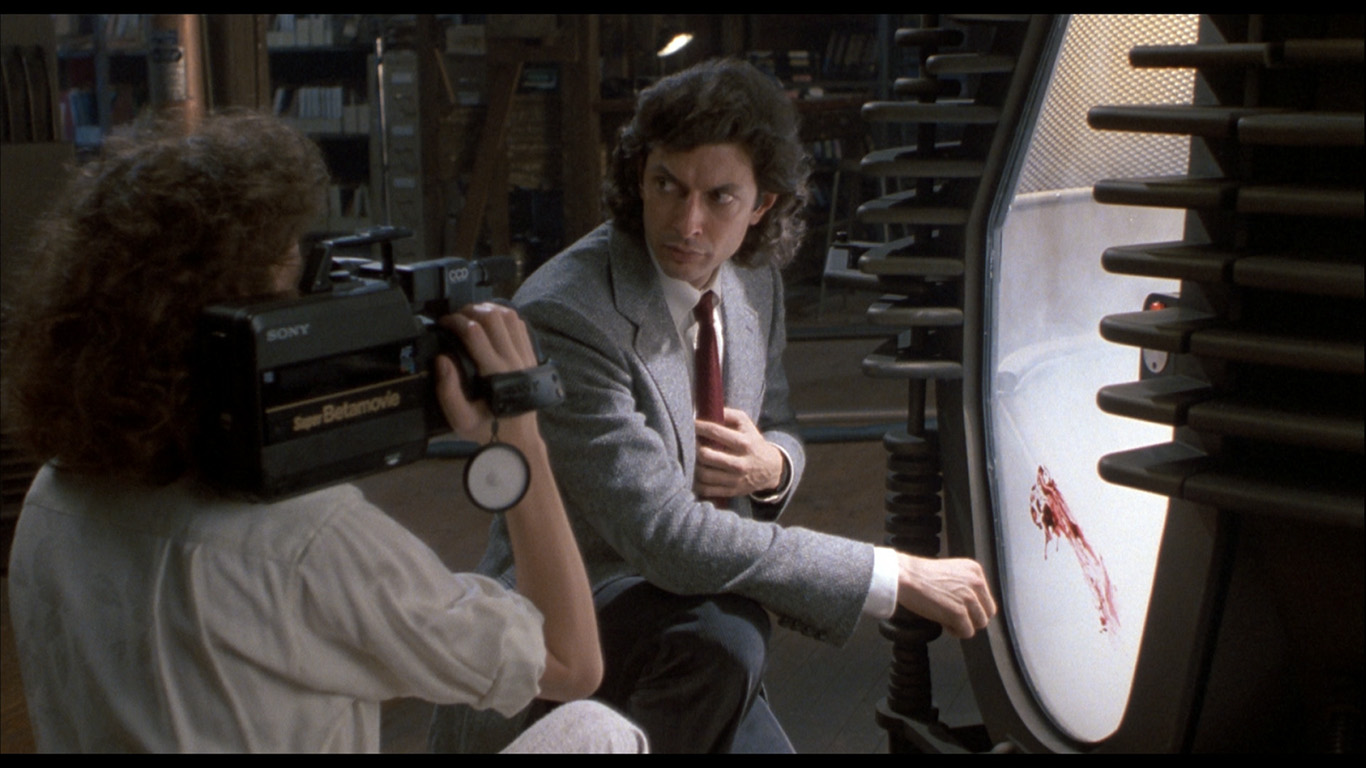
49. The Fly
> Released: 1986
> Director: David Cronenberg
> Themes: Human fear, genetic engineering
> Awards: Won 1 Oscar. Another 5 wins & 11 nominations
> Inflation-adjusted domestic box office: $96.95 million

48. Big Hero 6
> Released: 2014
> Director: Don Hall
> Themes: Robots
> Awards: Won 1 Oscar. Another 16 wins & 57 nominations
> Inflation-adjusted domestic box office: $242.14 million

47. Children of Men
> Released: 2006
> Director: Alfonso Cuarón
> Themes: Imaginations of the future
> Awards: Nominated for 3 Oscars. Another 48 wins & 75 nominations
> Inflation-adjusted domestic box office: $48.25 million
[in-text-ad-2]
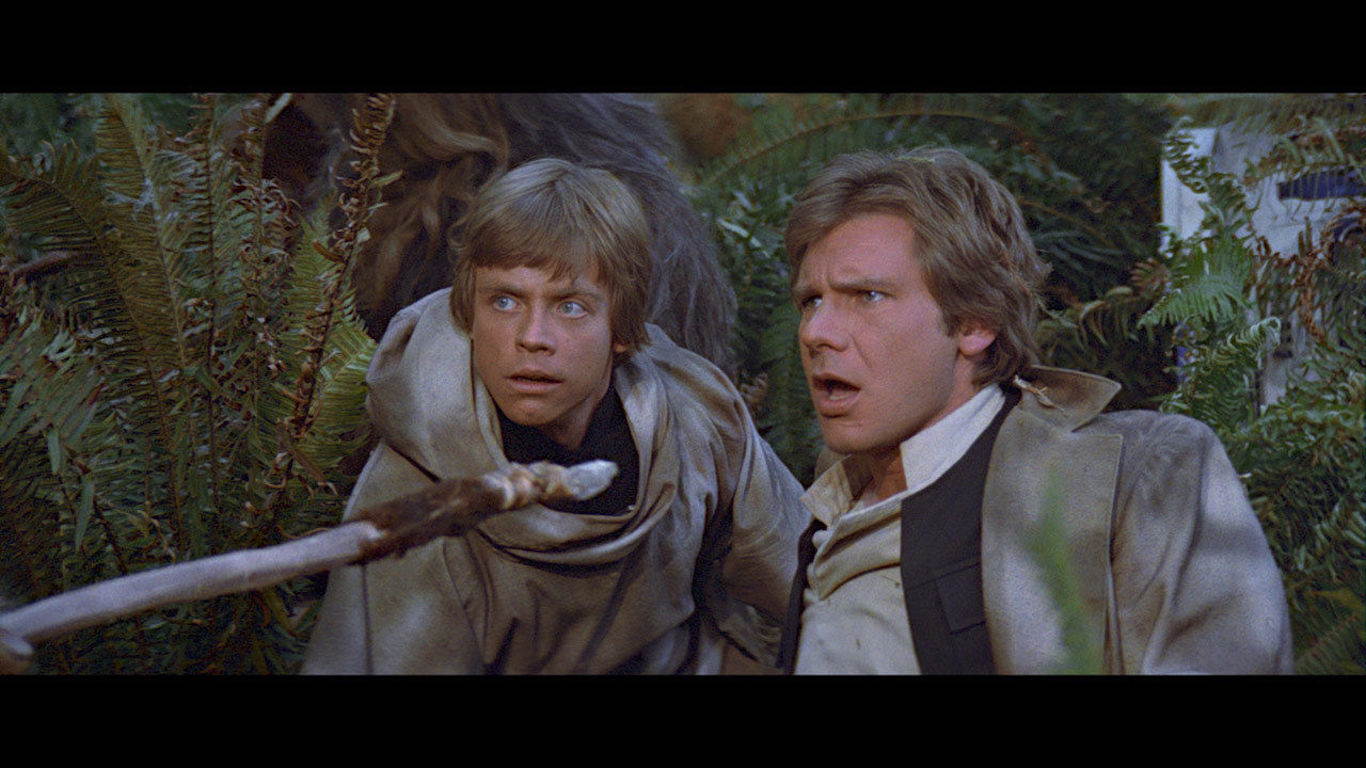
46. Star Wars: Episode VI – Return of the Jedi
> Released: 1983
> Director: Richard Marquand
> Themes: Religion, galactic empire, space warfare
> Awards: Nominated for 4 Oscars. Another 20 wins & 16 nominations
> Inflation-adjusted domestic box office: $829.00 million
45. Avatar
> Released: 2009
> Director: James Cameron
> Themes: Alternate worlds, religion, culture
> Awards: Won 3 Oscars. Another 85 wins & 128 nominations
> Inflation-adjusted domestic box office: $901.46 million
[in-text-ad]
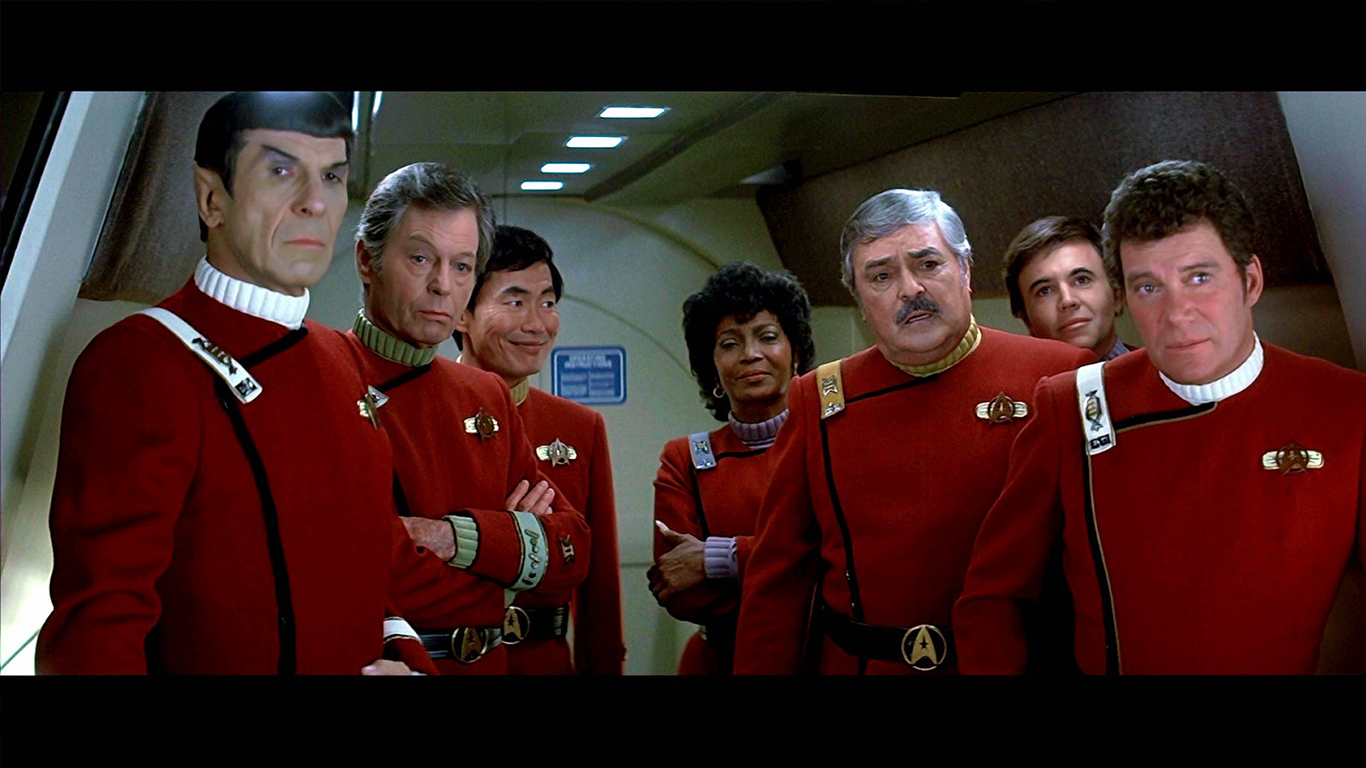
44. Star Trek II: The Wrath of Khan
> Released: 1982
> Director: Nicholas Meyer
> Themes: Space exploration
> Awards: 3 wins & 9 nominations
> Inflation-adjusted domestic box office: $238.61 million
43. Rogue One
> Released: 2016
> Director: Gareth Edwards
> Themes: Religion, galactic empire, space warfare
> Awards: Nominated for 2 Oscars. Another 20 wins & 78 nominations
> Inflation-adjusted domestic box office: $546.95 million
42. Edge of Tomorrow
> Released: 2014
> Director: Doug Liman
> Themes: Immortality
> Awards: 11 wins & 37 nominations
> Inflation-adjusted domestic box office: $109.04 million
[in-text-ad-2]
41. Star Trek Into Darkness
> Released: 2013
> Director: J.J. Abrams
> Themes: Space exploration
> Awards: Nominated for 1 Oscar. Another 6 wins & 56 nominations
> Inflation-adjusted domestic box office: $250.17 million

40. The Hunger Games: Catching Fire
> Released: 2013
> Director: Francis Lawrence
> Themes: Imaginations of the future, class
> Awards: Nominated for 1 Golden Globe. Another 22 wins & 66 nominations
> Inflation-adjusted domestic box office: $464.37 million
[in-text-ad]

39. Looper
> Released: 2012
> Director: Rian Johnson
> Themes: Time travel, telekinesis
> Awards: 15 wins & 45 nominations
> Inflation-adjusted domestic box office: $74.26 million
38. Jurassic Park
> Released: 1993
> Director: Steven Spielberg
> Themes: Genetic engineering, cloning
> Awards: Won 3 Oscars. Another 29 wins & 20 nominations
> Inflation-adjusted domestic box office: $816.28 million

37. Richard III
> Released: 1995
> Director: Richard Loncraine
> Themes: Fascism, alternate history
> Awards: Nominated for 2 Oscars. Another 7 wins & 10 nominations
> Inflation-adjusted domestic box office: $5.31 million
[in-text-ad-2]

36. Interstellar
> Released: 2014
> Director: Christopher Nolan
> Themes: Time travel, space exploration
> Awards: Won 1 Oscar. Another 43 wins & 143 nominations
> Inflation-adjusted domestic box office: $204.59 million
35. Dr. Jekyll and Mr. Hyde
> Released: 1931
> Director: Rouben Mamoulian
> Themes: Pursuit of knowledge, morality
> Awards: Won 1 Oscar. Another 2 wins & 2 nominations
> Inflation-adjusted domestic box office: $32.49 million
[in-text-ad]
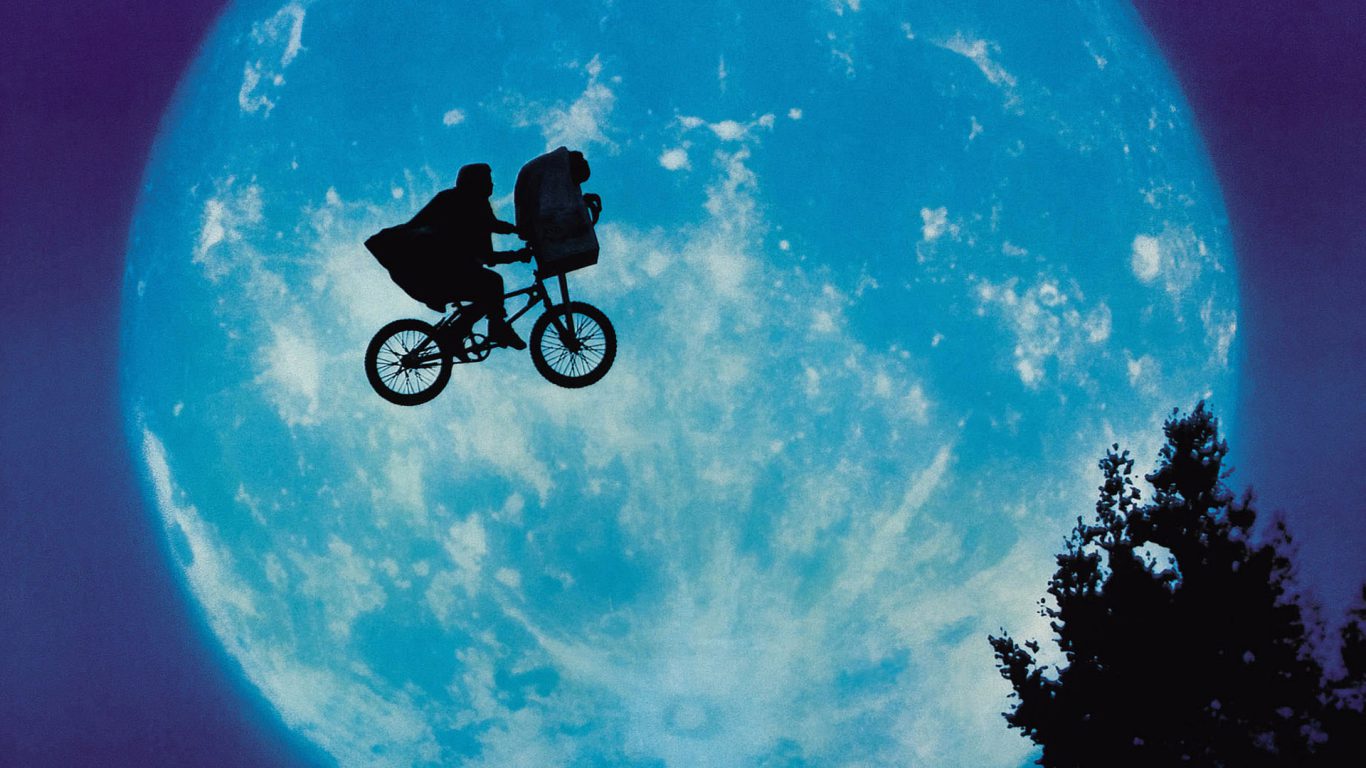
34. E.T. the Extra-Terrestrial
> Released: 1982
> Director: Steven Spielberg
> Themes: Alien contact, language and communication, friendship
> Awards: Won 4 Oscars. Another 47 wins & 33 nominations
> Inflation-adjusted domestic box office: $1.32 billion
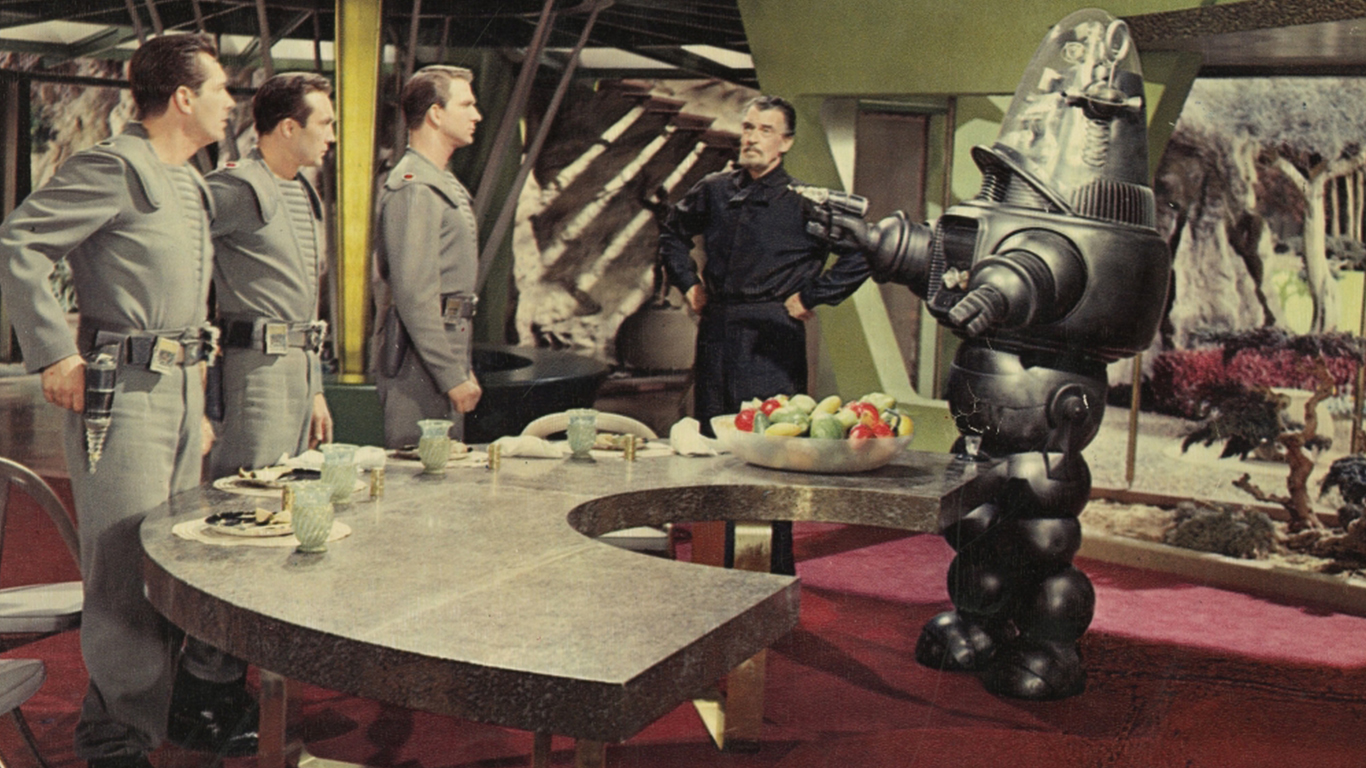
33. Forbidden Planet
> Released: 1956
> Director: Fred M. Wilcox
> Themes: Space exploration, robots
> Awards: Nominated for 1 Oscar. Another 1 win & 1 nomination
> Inflation-adjusted domestic box office: $53.34 million
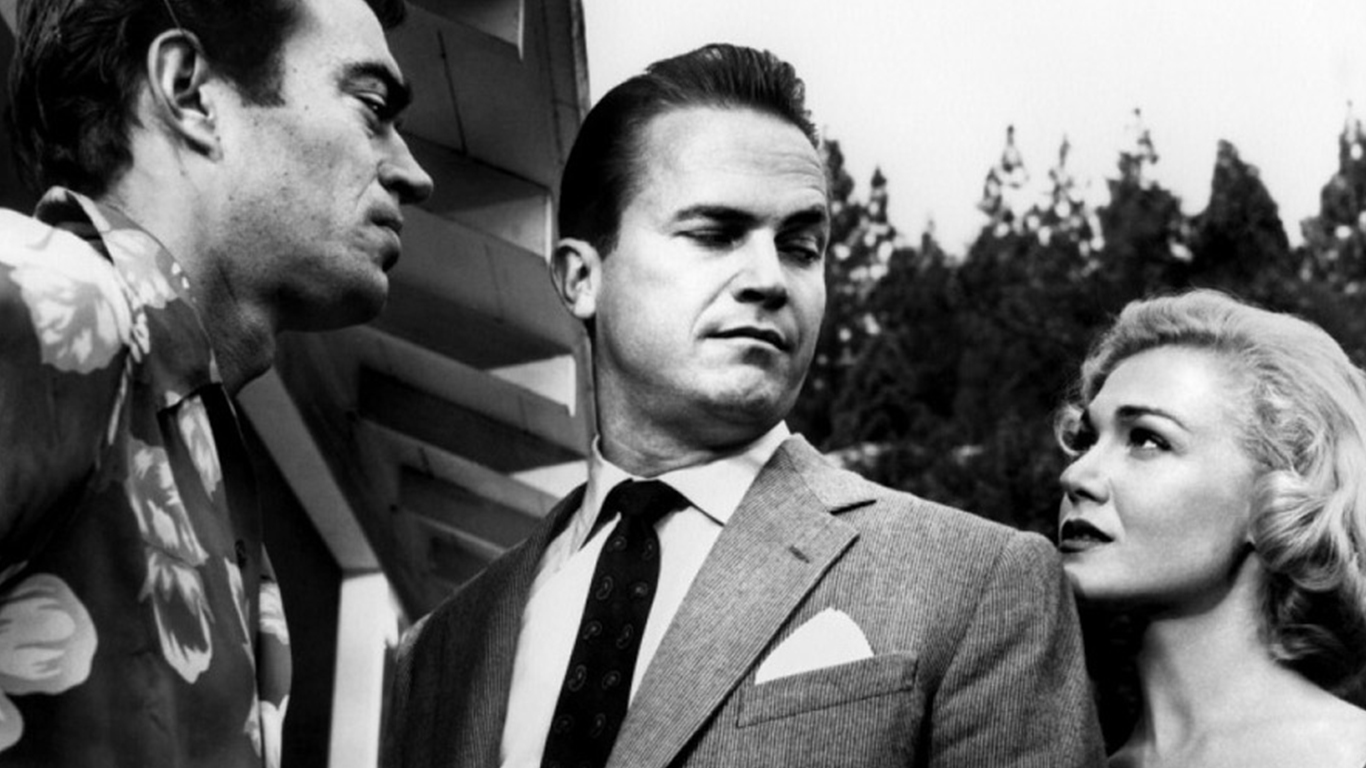
32. Kiss Me Deadly
> Released: 1955
> Director: Robert Aldrich
> Themes: Human fear, radioactivity
> Awards: 1 win
> Inflation-adjusted domestic box office: $14.34 million
[in-text-ad-2]
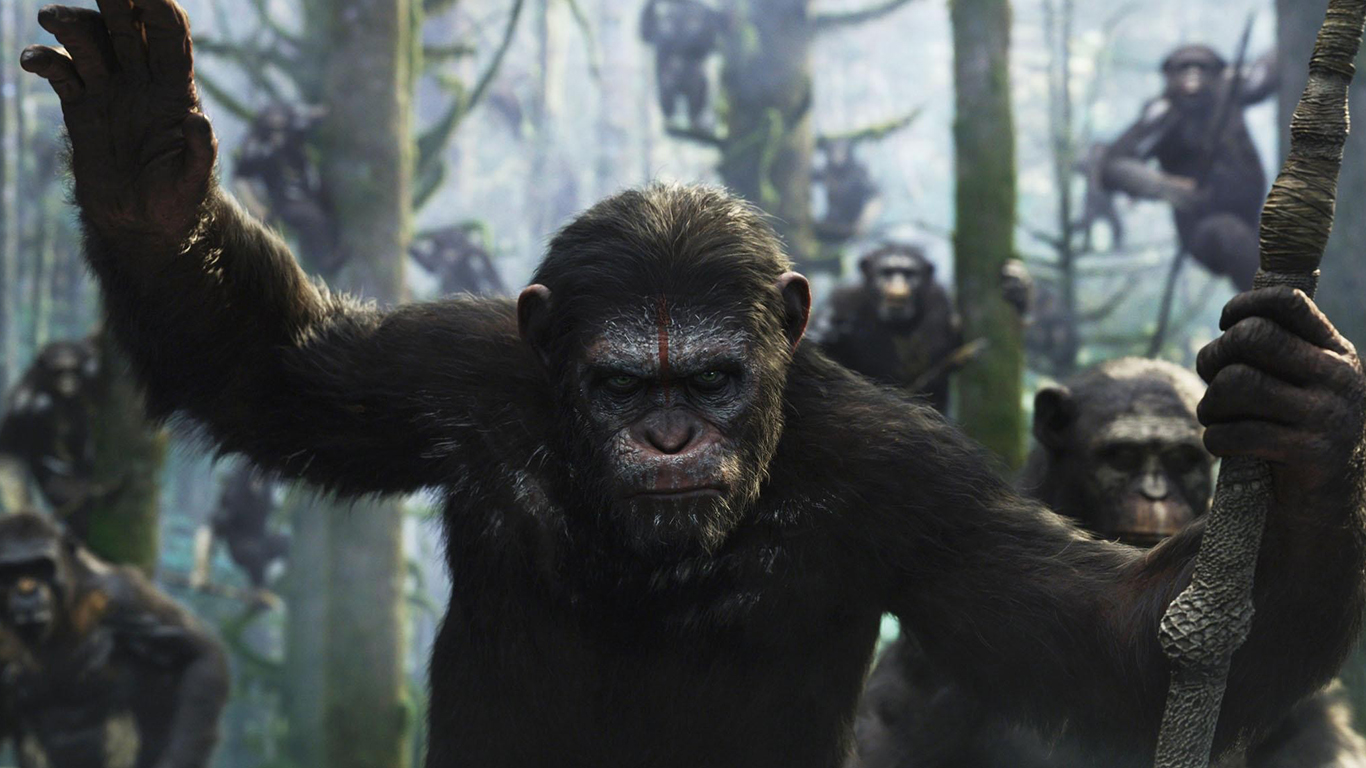
31. Dawn of the Planet of the Apes
> Released: 2014
> Director: Matt Reeves
> Themes: Race, warfare, governance
> Awards: Nominated for 1 Oscar. Another 16 wins & 47 nominations
> Inflation-adjusted domestic box office: $226.93 million

30. The Truman Show
> Released: 1998
> Director: Peter Weir
> Themes: Isolation, utopia, media, consumerism
> Awards: Nominated for 3 Oscars. Another 38 wins & 66 nominations
> Inflation-adjusted domestic box office: $238.12 million
[in-text-ad]
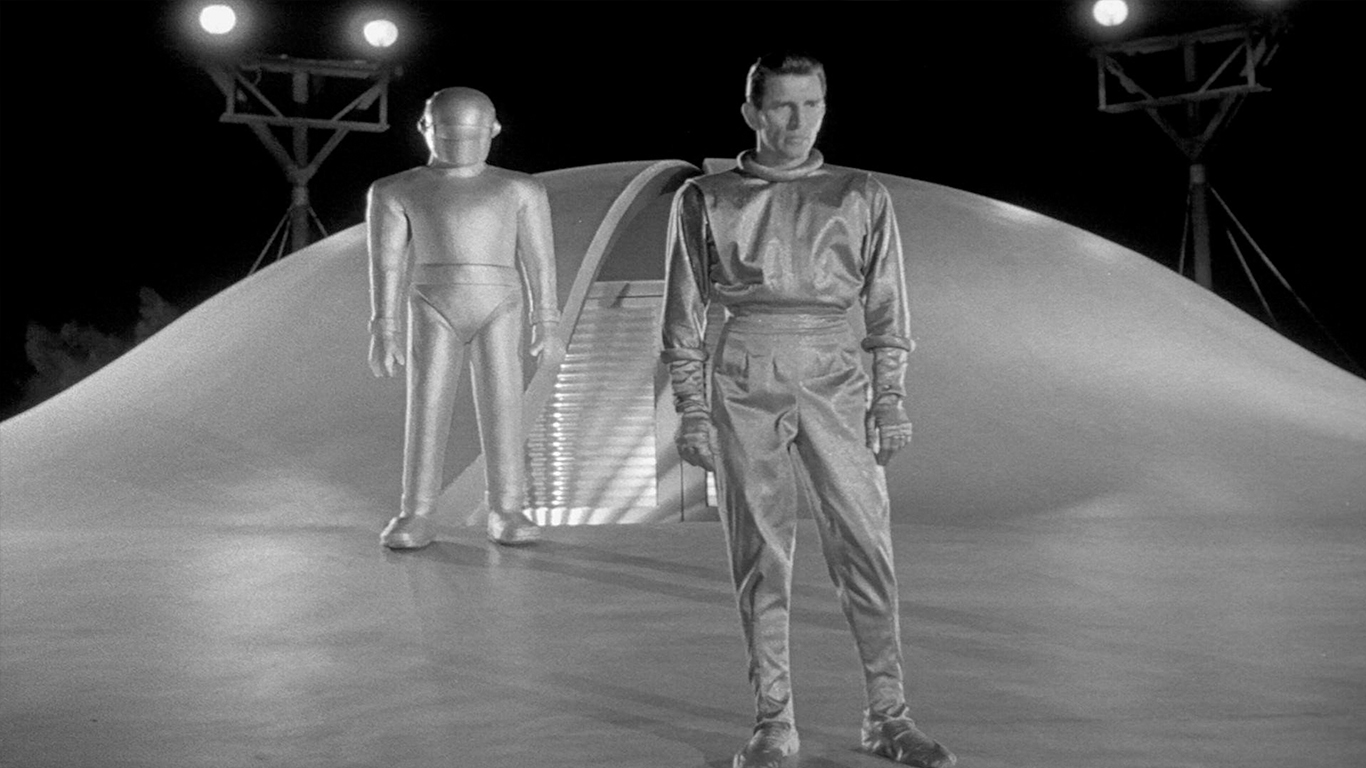
29. The Day the Earth Stood Still
> Released: 1951
> Director: Robert Wise
> Themes: Alien contact, human fear
> Awards: Won 1 Golden Globe. Another 2 wins & 1 nomination
> Inflation-adjusted domestic box office: $31.03 million

28. The Martian
> Released: 2015
> Director: Ridley Scott
> Themes: Isolation, space exploration, survival
> Awards: Nominated for 7 Oscars. Another 37 wins & 185 nominations
> Inflation-adjusted domestic box office: $240.89 million
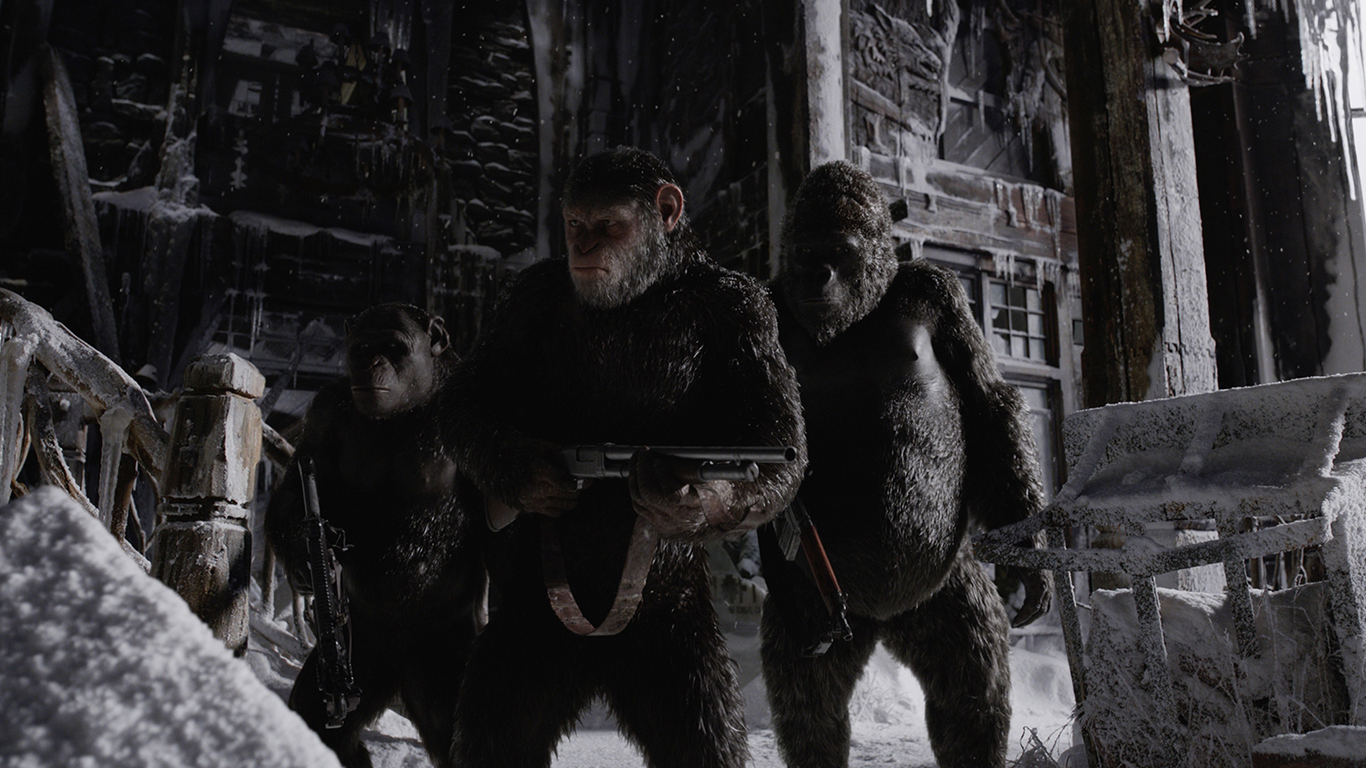
27. War for the Planet of the Apes
> Released: 2017
> Director: Matt Reeves
> Themes: Race, warfare, governance
> Awards: 2 nominations
> Inflation-adjusted domestic box office: $140.96 million
[in-text-ad-2]

26. The Invisible Man
> Released: 1933
> Director: James Whale
> Themes: Pursuit of knowledge, invisibility
> Awards: 3 wins & 2 nominations
> Inflation-adjusted domestic box office: $23.19 million
25. The Terminator
> Released: 1984
> Director: James Cameron
> Themes: Time travel, humanoid robots
> Awards: 5 wins & 6 nominations
> Inflation-adjusted domestic box office: $101.60 million
[in-text-ad]
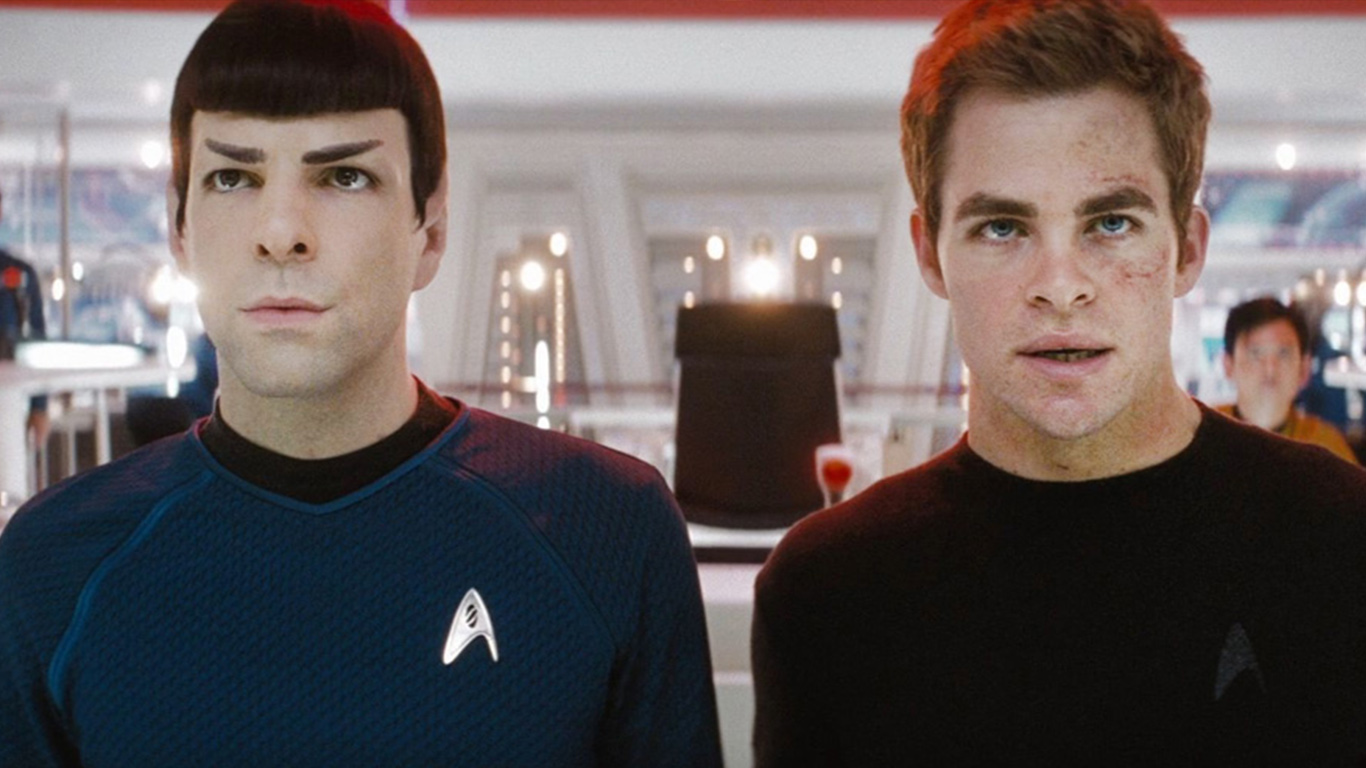
24. Star Trek
> Released: 2009
> Director: J.J. Abrams
> Themes: Space exploration
> Awards: Won 1 Oscar. Another 23 wins & 92 nominations
> Inflation-adjusted domestic box office: $305.50 million

23. Frankenstein
> Released: 1931
> Director: James Whale
> Themes: Pursuit of knowledge, human fear
> Awards: 4 wins & 3 nominations
> Inflation-adjusted domestic box office: $304.80 million
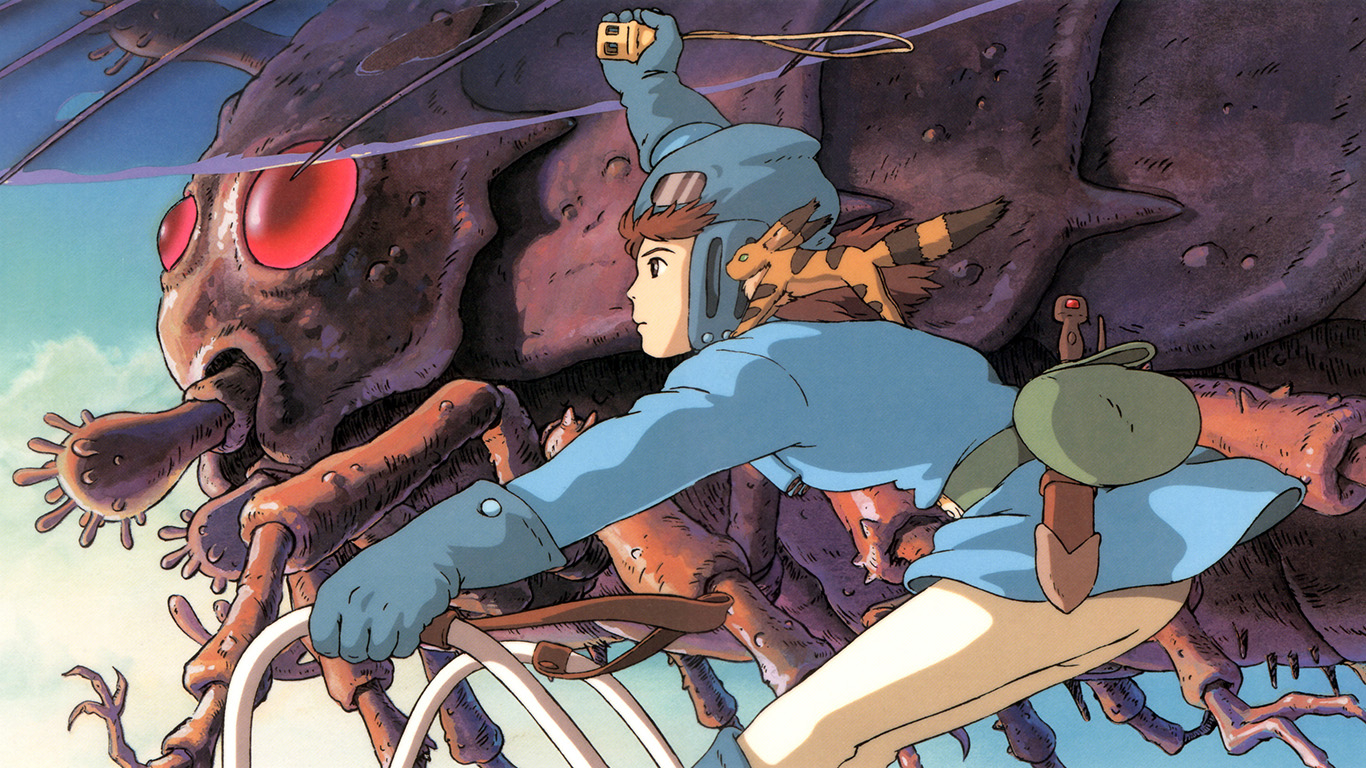
22. Nausicaä of the Valley of the Wind
> Released: 1984
> Director: Hayao Miyazaki
> Themes: Post-apocalyptic civilization, environmentalism
> Awards: 3 wins & 1 nomination
> Inflation-adjusted domestic box office: N/A
[in-text-ad-2]
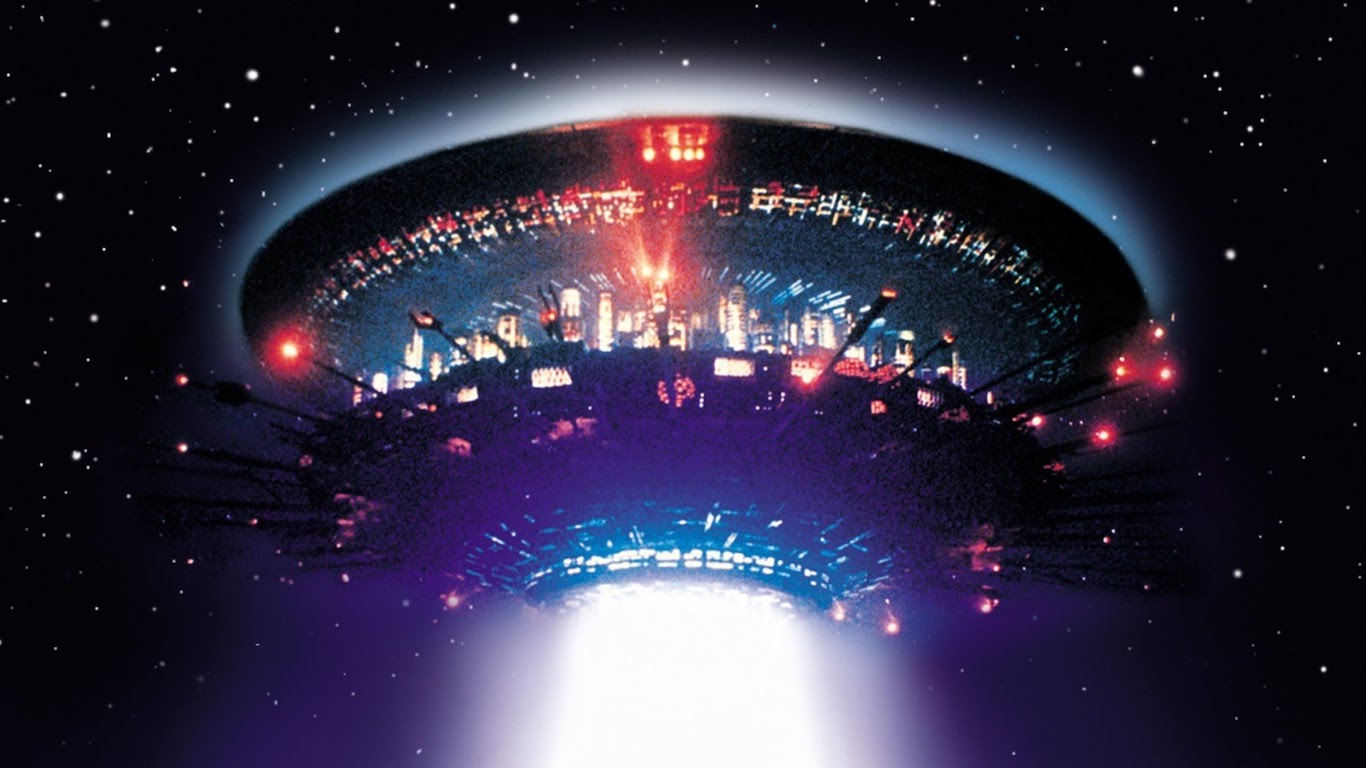
21. Close Encounters of the Third Kind
> Released: 1977
> Director: Steven Spielberg
> Themes: Alien contact, language and communication
> Awards: Won 1 Oscar. Another 14 wins & 37 nominations
> Inflation-adjusted domestic box office: $518.92 million

20. Arrival
> Released: 2016
> Director: Denis Villeneuve
> Themes: Space exploration
> Awards: Won 1 Oscar. Another 58 wins & 242 nominations
> Inflation-adjusted domestic box office: $103.34 million
[in-text-ad]
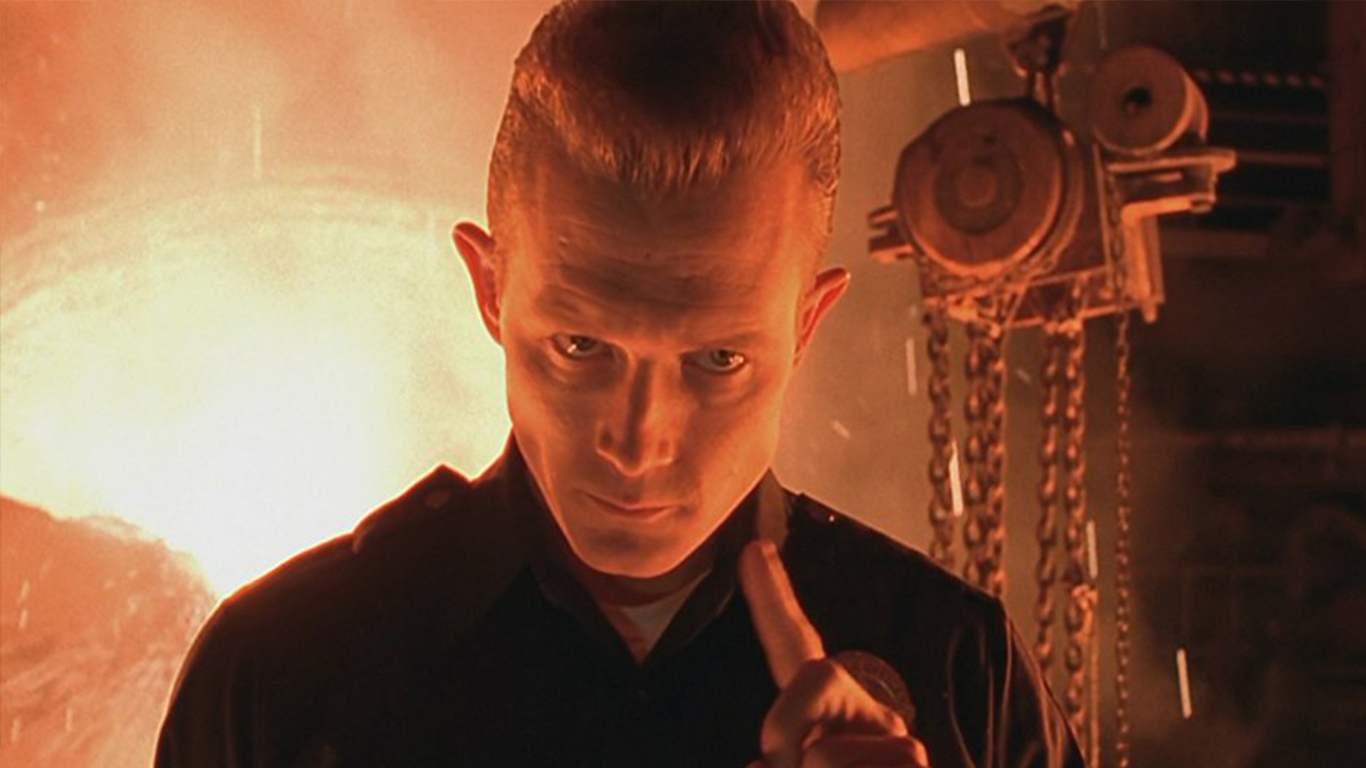
19. Terminator 2: Judgment Day
> Released: 1991
> Director: James Cameron
> Themes: Time travel, humanoid robots
> Awards: Won 4 Oscars. Another 23 wins & 26 nominations
> Inflation-adjusted domestic box office: $432.55 million
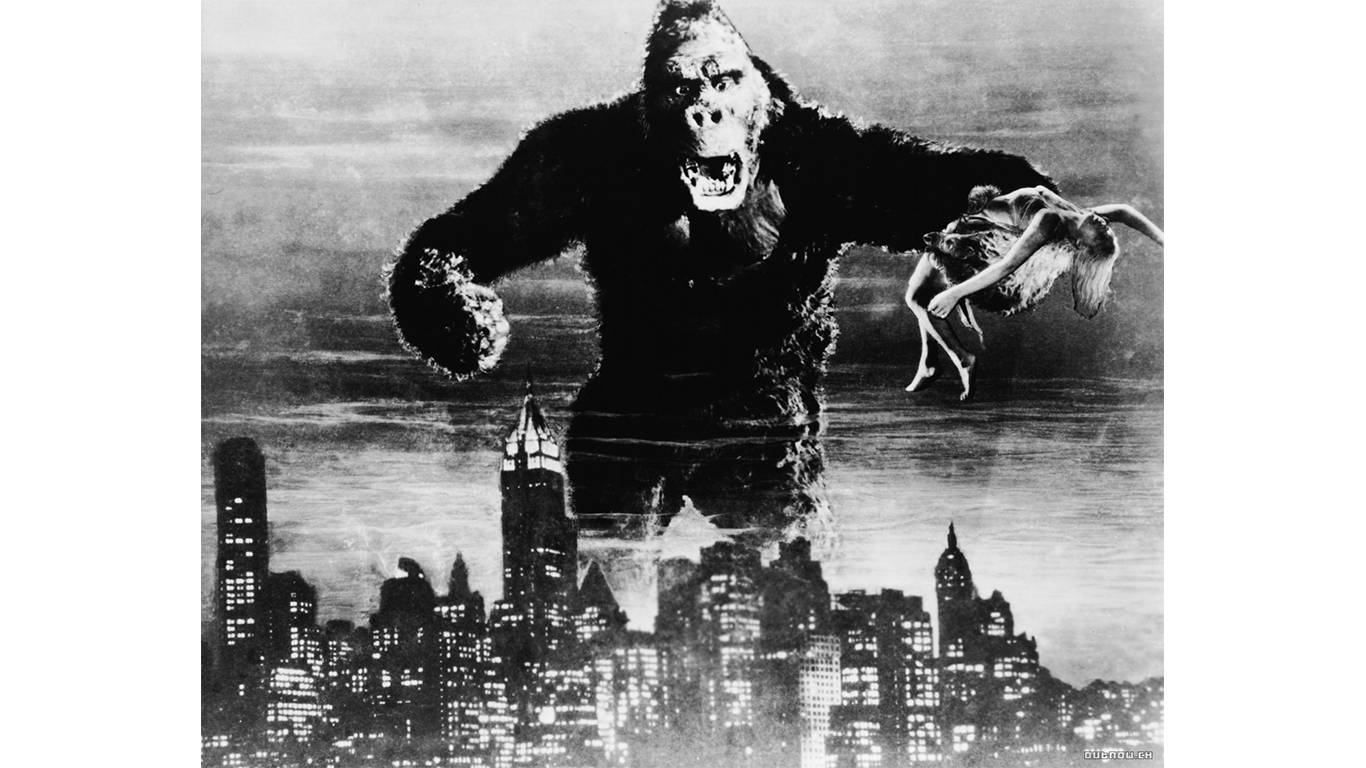
18. King Kong
> Released: 1933
> Director: Merian C. Cooper
> Themes: Evolution, pursuit of knowledge
> Awards: 3 wins & 7 nominations
> Inflation-adjusted domestic box office: $386.52 million
17. Star Wars: The Force Awakens
> Released: 2015
> Director: J.J. Abrams
> Themes: Religion, galactic empire, space warfare
> Awards: Nominated for 5 Oscars. Another 57 wins & 122 nominations
> Inflation-adjusted domestic box office: $987.77 million
[in-text-ad-2]

16. Her
> Released: 2013
> Director: Spike Jonze
> Themes: Artificial intelligence, isolation
> Awards: Won 1 Oscar. Another 82 wins & 181 nominations
> Inflation-adjusted domestic box office: $27.96 million

15. Invasion of the Body Snatchers
> Released: 1956
> Director: Don Siegel
> Themes: Hysteria, conformity
> Awards: 2 wins
> Inflation-adjusted domestic box office: $443.55 million
[in-text-ad]
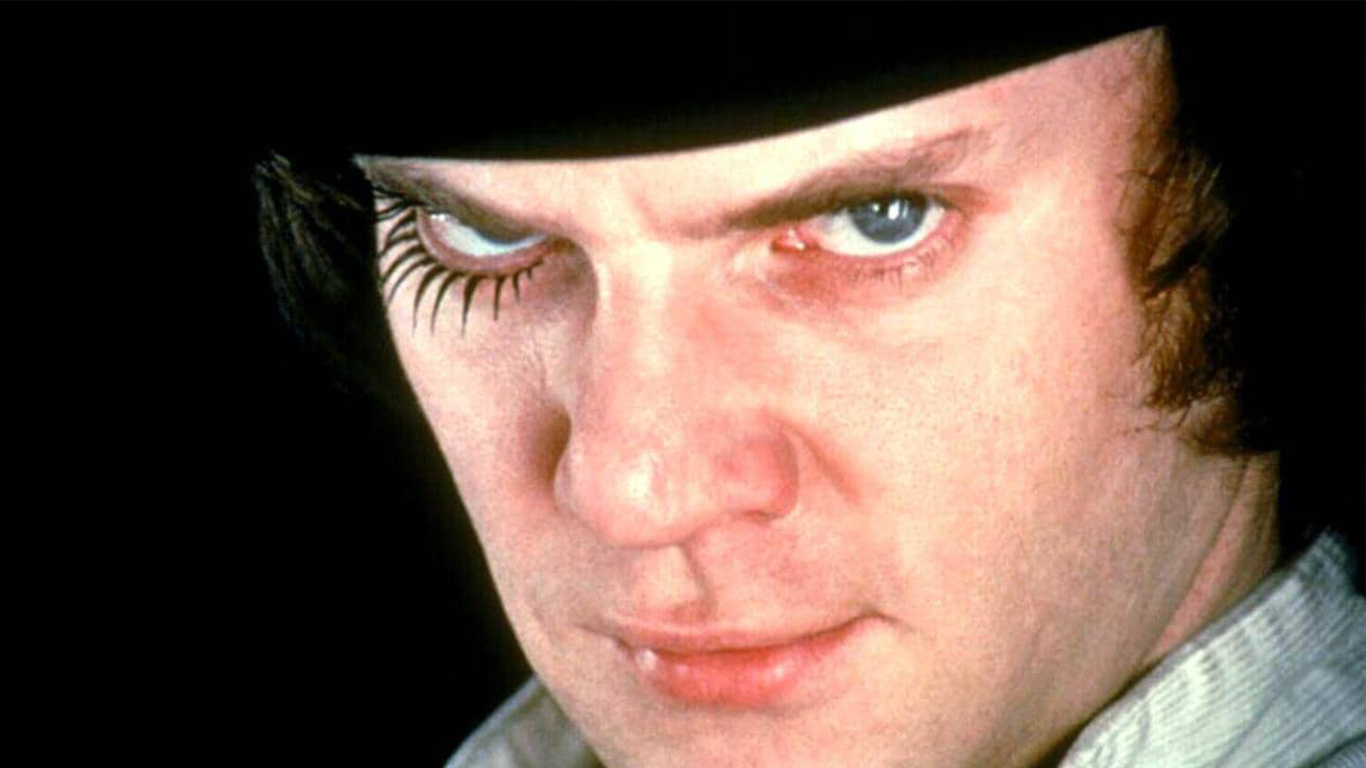
14. A Clockwork Orange
> Released: 1971
> Director: Stanley Kubrick
> Themes: Human nature, morality
> Awards: Nominated for 4 Oscars. Another 9 wins & 19 nominations
> Inflation-adjusted domestic box office: $143.26 million
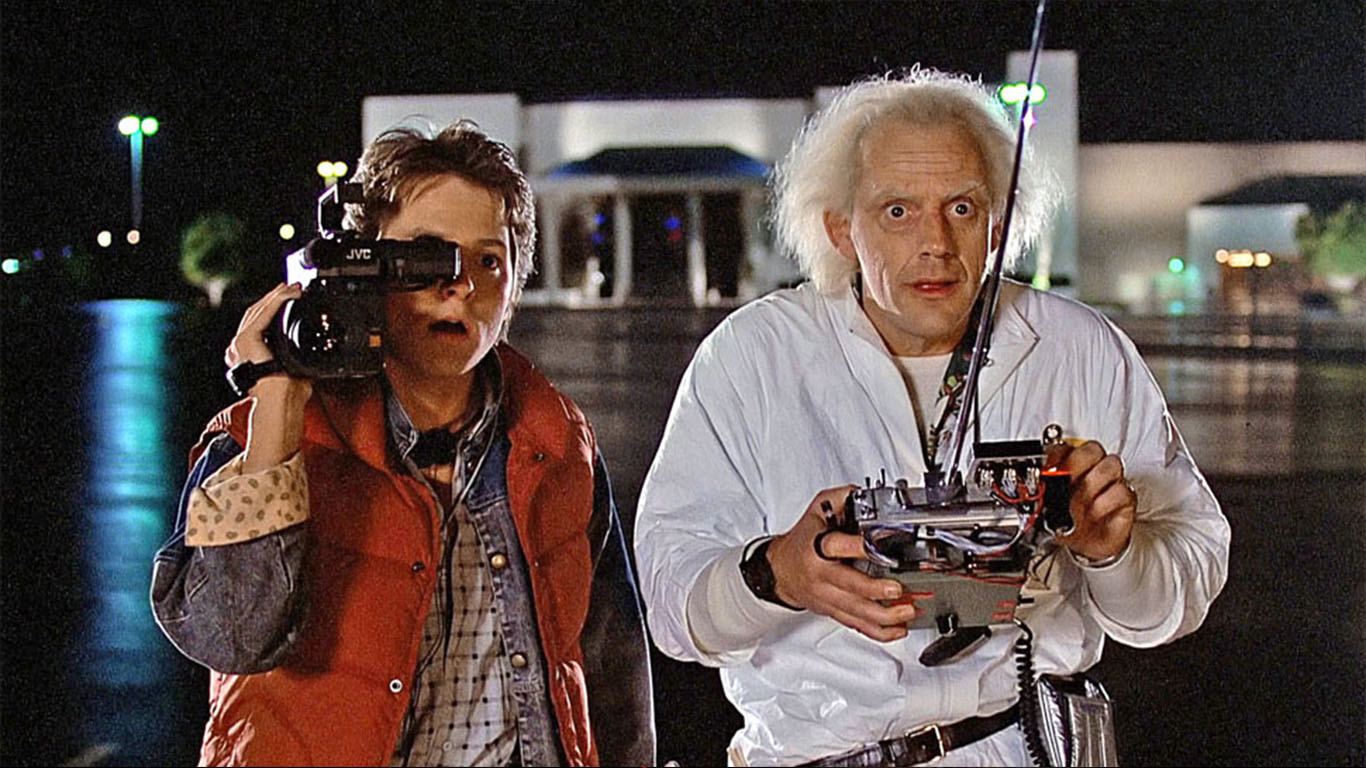
13. Back to the Future
> Released: 1985
> Director: Robert Zemeckis
> Themes: Time travel, destiny
> Awards: Won 1 Oscar. Another 18 wins & 26 nominations
> Inflation-adjusted domestic box office: $527.41 million
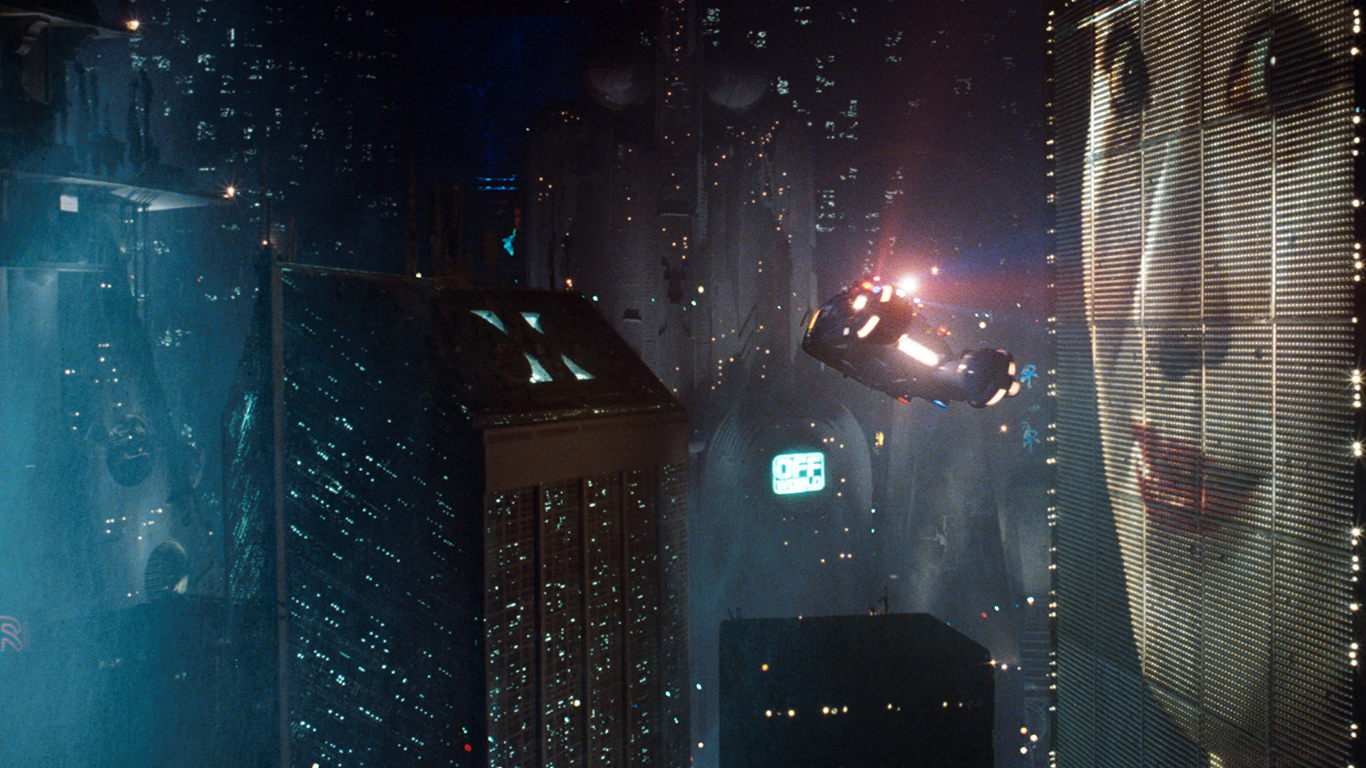
12. Blade Runner
> Released: 1982
> Director: Ridley Scott
> Themes: Imaginations of the future, artificial life
> Awards: Nominated for 2 Oscars. Another 11 wins & 16 nominations
> Inflation-adjusted domestic box office: $81.64 million
[in-text-ad-2]
11. Eternal Sunshine of the Spotless Mind
> Released: 2004
> Director: Michel Gondry
> Themes: Memory, nature of reality
> Awards: Won 1 Oscar. Another 70 wins & 109 nominations
> Inflation-adjusted domestic box office: $49.25 million
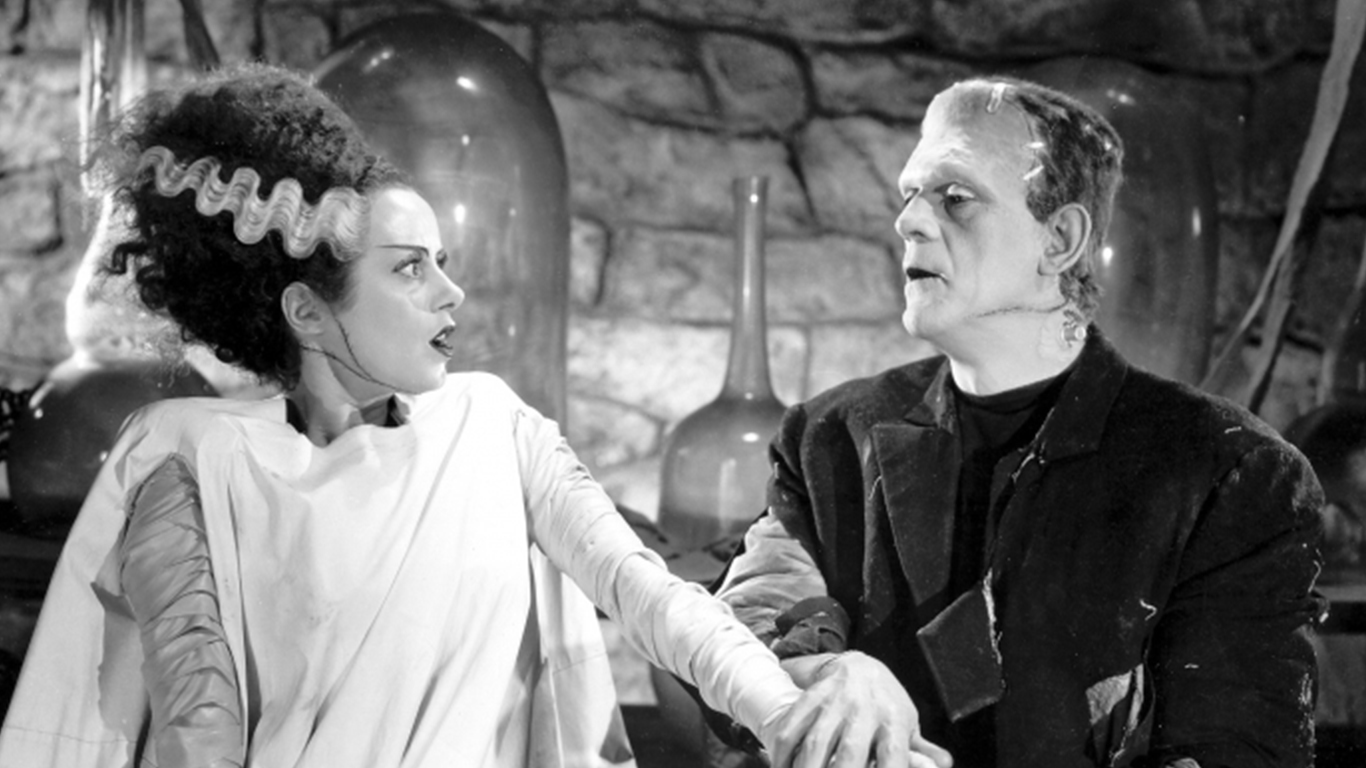
10. Bride of Frankenstein
> Released: 1935
> Director: James Whale
> Themes: Pursuit of knowledge, human nature
> Awards: Nominated for 1 Oscar. Another 3 wins & 1 nomination
> Inflation-adjusted domestic box office: $444.50 million
[in-text-ad]

9. Mad Max: Fury Road
> Released: 2015
> Director: George Miller
> Themes: Global catastrophic risk, dystopia
> Awards: Won 6 Oscars. Another 232 wins & 219 nominations
> Inflation-adjusted domestic box office: $162.02 million

8. Gravity
> Released: 2013
> Director: Alfonso Cuarón
> Themes: Isolation, space exploration
> Awards: Won 7 Oscars. Another 232 wins & 175 nominations
> Inflation-adjusted domestic box office: $299.71 million
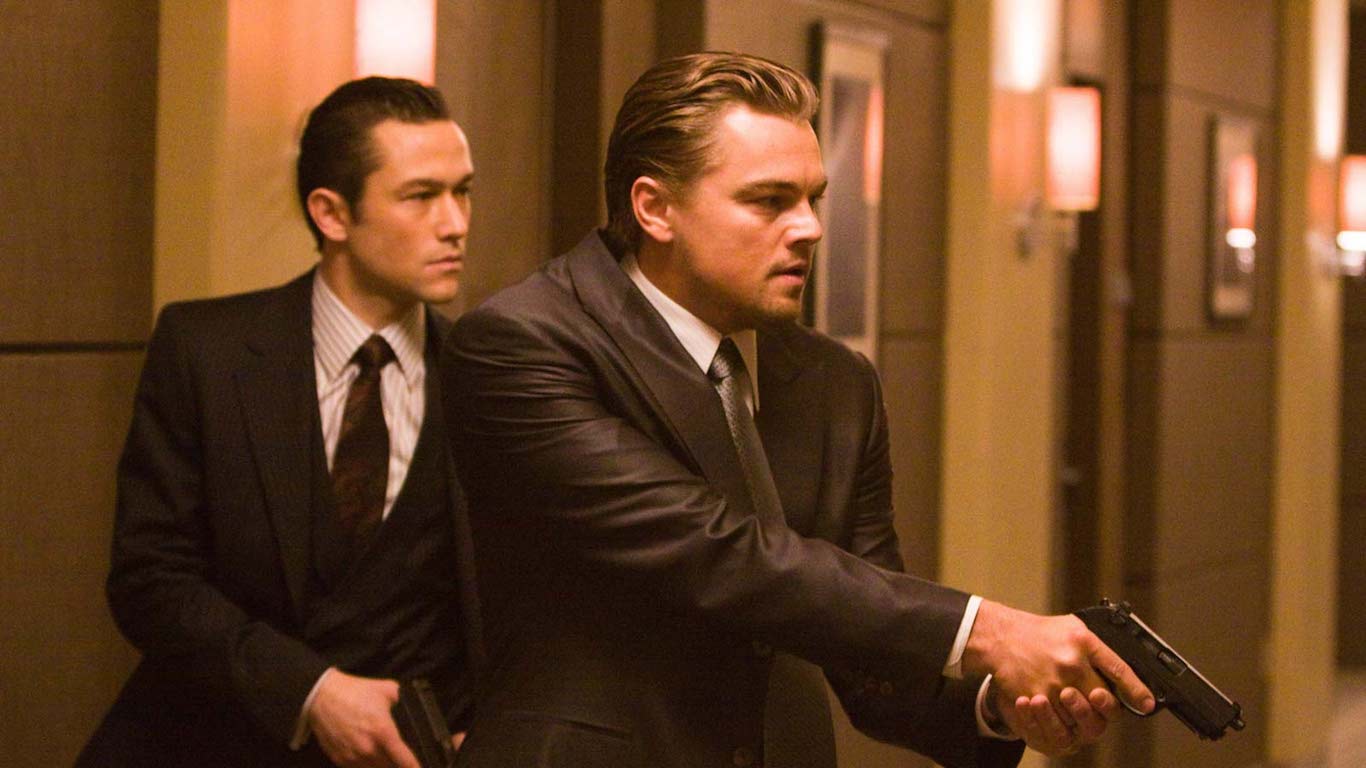
7. Inception
> Released: 2010
> Director: Christopher Nolan
> Themes: Simulated reality, consciousness
> Awards: Won 4 Oscars. Another 152 wins & 204 nominations
> Inflation-adjusted domestic box office: $329.66 million
[in-text-ad-2]

6. Aliens
> Released: 1986
> Director: James Cameron
> Themes: Alien contact, human fear
> Awards: Won 2 Oscars. Another 18 wins & 22 nominations
> Inflation-adjusted domestic box office: $204.06 million
5. WALL-E
> Released: 2008
> Director: Andrew Stanton
> Themes: Imaginations of the future, consumerism
> Awards: Won 1 Oscar. Another 89 wins & 90 nominations
> Inflation-adjusted domestic box office: $277.11 million
[in-text-ad]
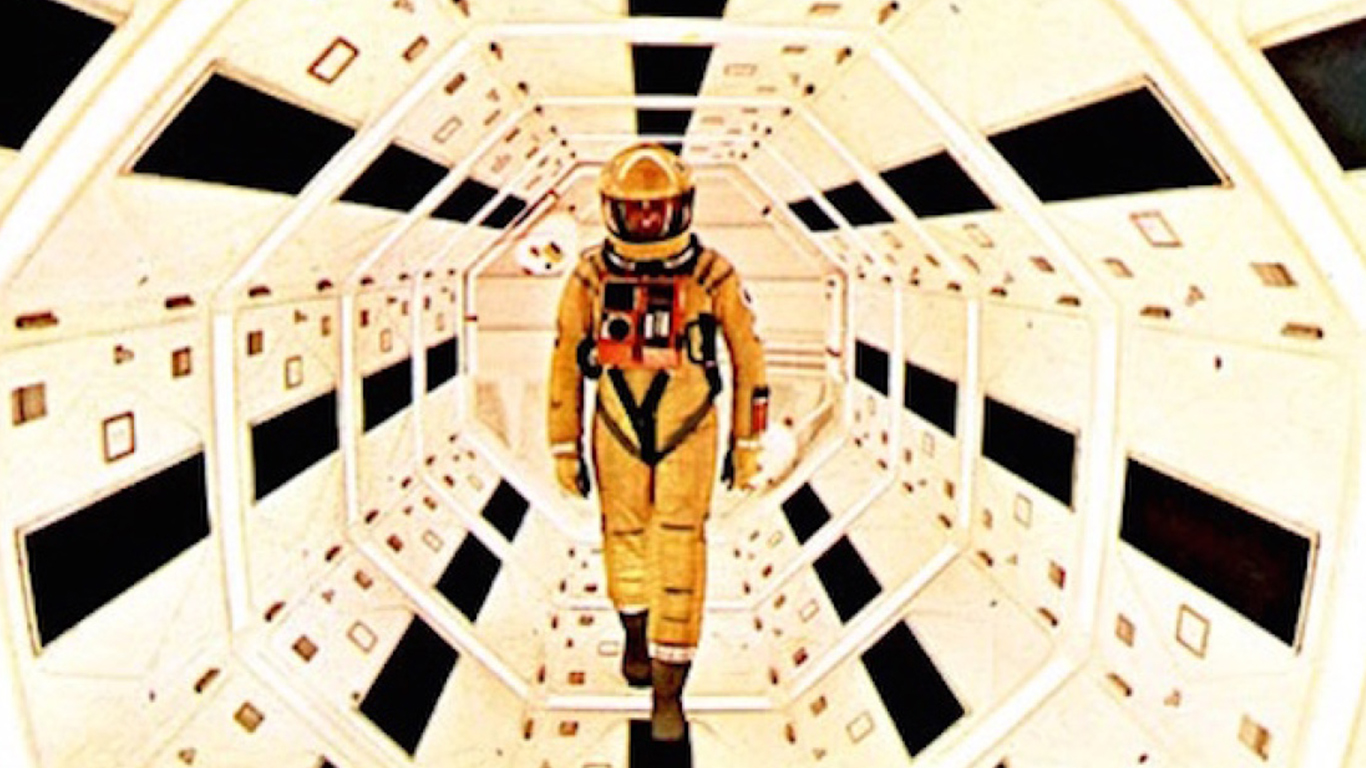
4. 2001: A Space Odyssey
> Released: 1968
> Director: Stanley Kubrick
> Themes: Artificial intelligence, isolation, creation of the universe
> Awards: Won 1 Oscar. Another 13 wins & 10 nominations
> Inflation-adjusted domestic box office: $386.48 million
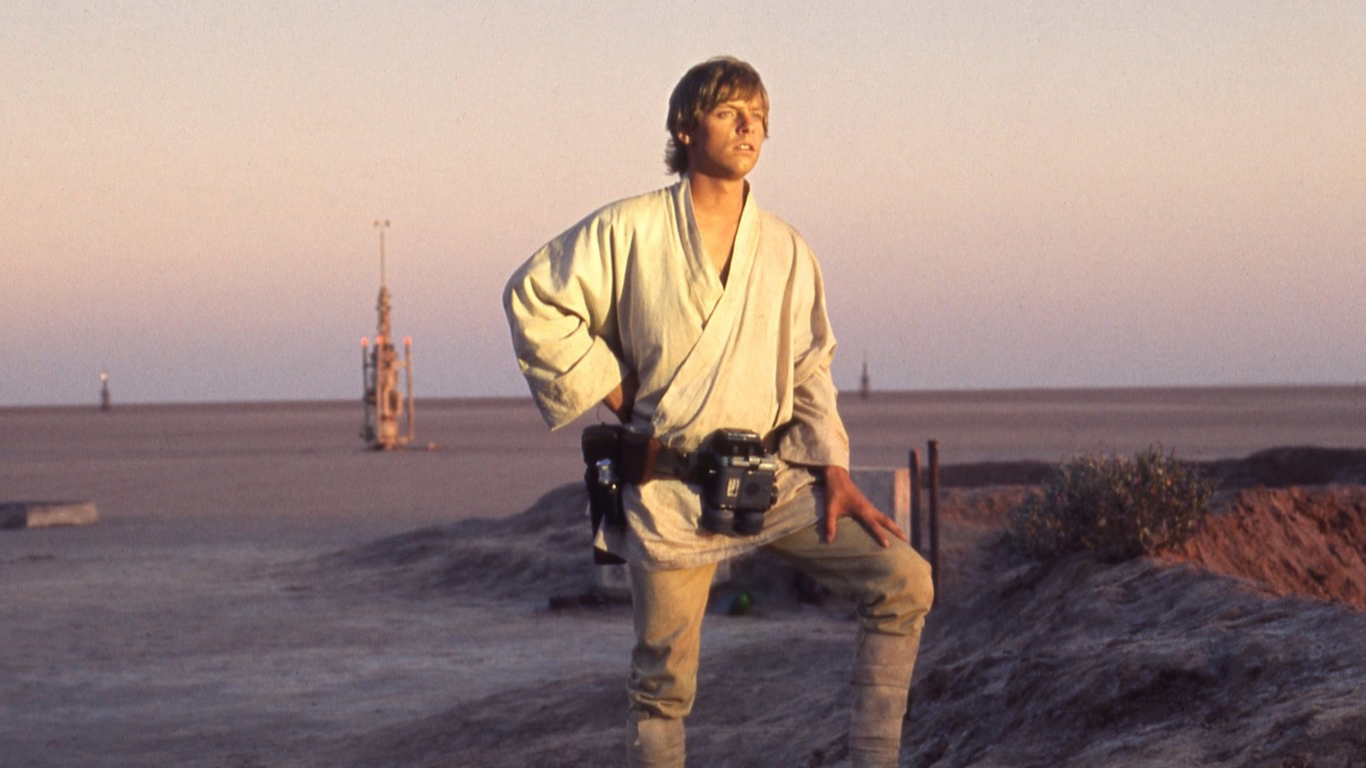
3. Star Wars: Episode IV – A New Hope
> Released: 1977
> Director: George Lucas
> Themes: Religion, galactic empire, space warfare
> Awards: Won 6 Oscars. Another 50 wins & 28 nominations
> Inflation-adjusted domestic box office: $1.24 billion
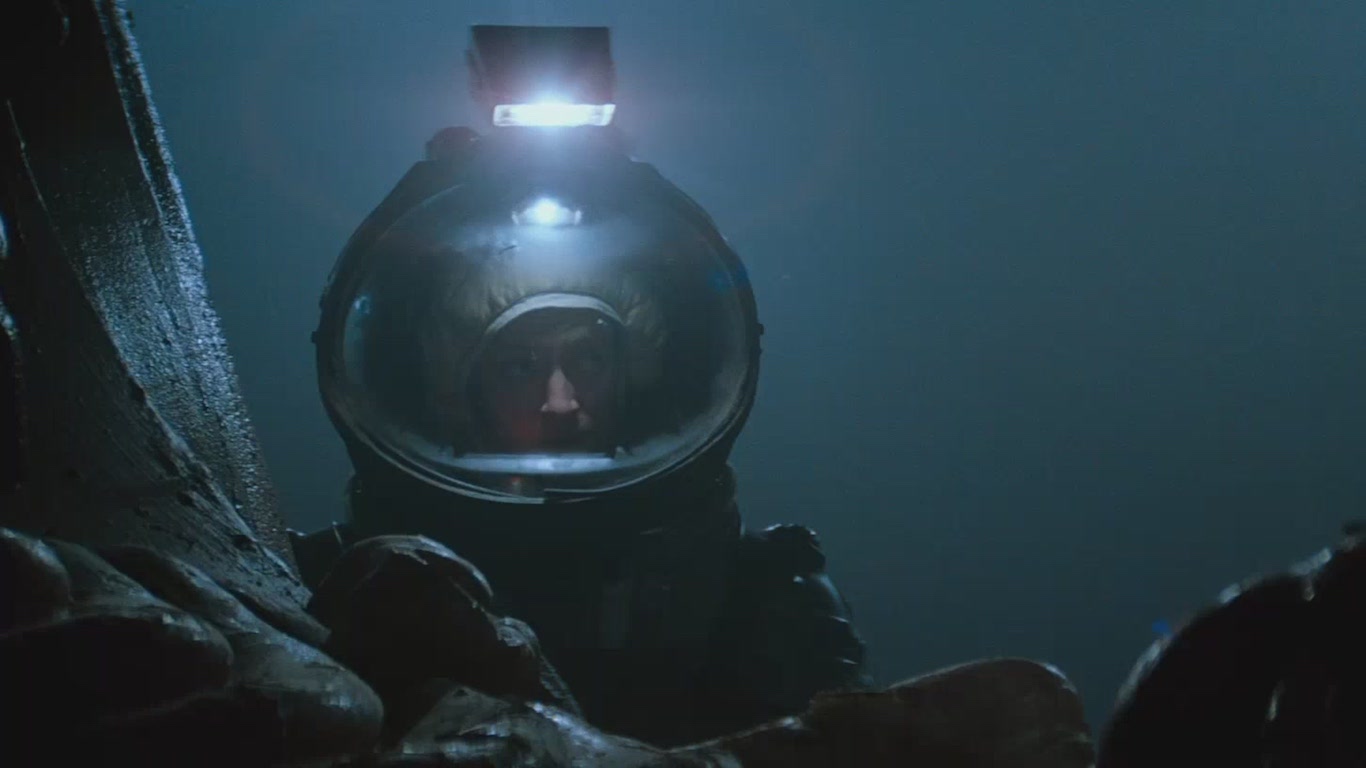
2. Alien
> Released: 1979
> Director: Ridley Scott
> Themes: Alien contact, human fear
> Awards: Won 1 Oscar. Another 16 wins & 19 nominations
> Inflation-adjusted domestic box office: $279.45 million
[in-text-ad-2]
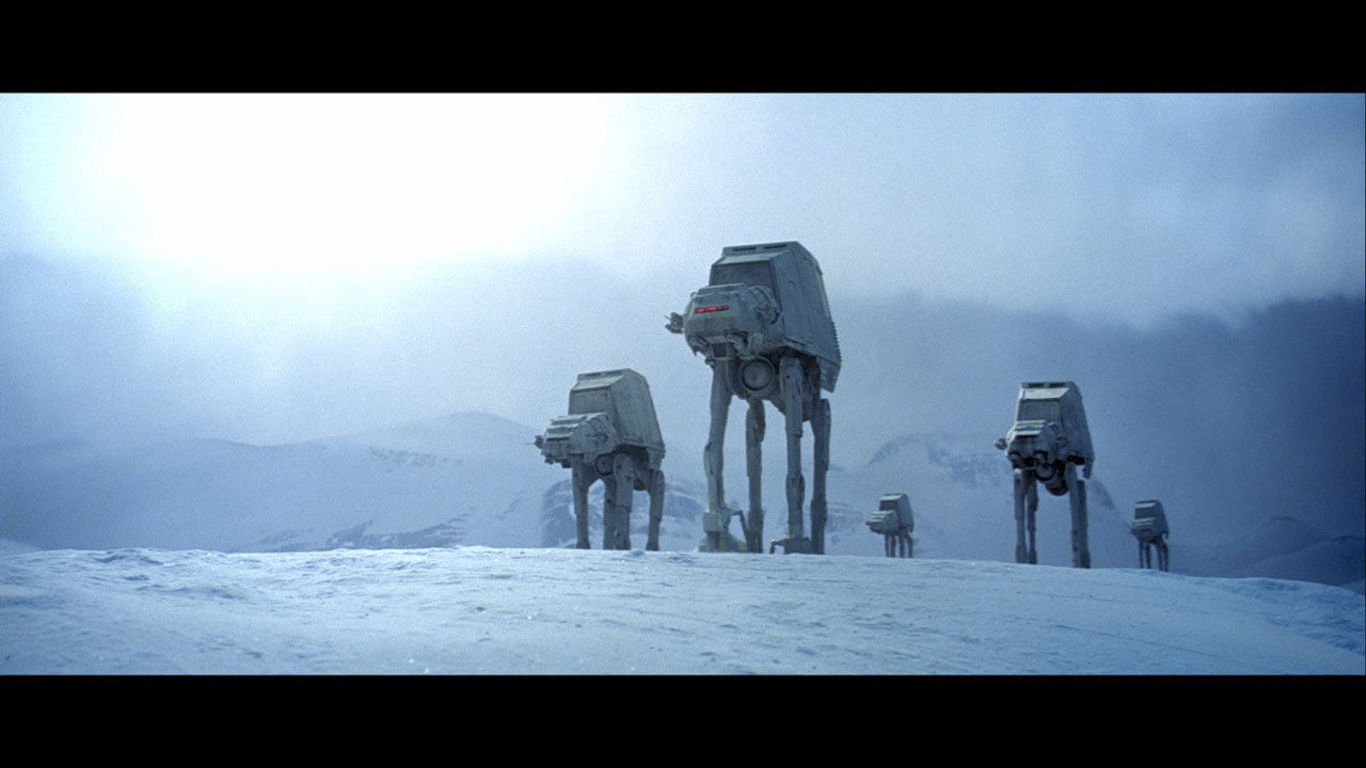
1. Star Wars: Episode V – The Empire Strikes Back
> Released: 1980
> Director: Irvin Kershner
> Themes: Religion, galactic empire, space warfare
> Awards: Won 1 Oscar. Another 21 wins & 19 nominations
> Inflation-adjusted domestic box office: $863.00 million
Detailed findings and methodology:
Early science fiction was mostly grounded in an established scientific fact or theory. Works often explored the consequences of a specific scientific or technological innovation, highlighting society’s relationship with progress and change. Writers were usually scientists themselves.
Many of the earliest sci-fi works are now classified as “hard” science fiction, a class of science fiction rooted in scientific accuracy. In works of “soft” science fiction, by contrast, creators often take artistic liberties with their scientific subject matter and may have little concern for scientific rigor. A soft sci-fi approach may be better suited for the visual spectacle involved in a Hollywood blockbuster, although plenty of hard sci-fi movies make the list.
For example, a scientifically accurate film set in outer space would have no visible laser beams or engine noises, as both are impossible in the vacuum of space. Many of the best sci-fi movies of all time are classified as soft science fiction. Others, such as “2001: A Space Odyssey,” generally depict the laws of science in an accurate manner.
Some of the most popular science fiction films are based on the earliest literature in the genre. Based on Mary Shelley’s 1818 book by the same name, 1931’s “Frankenstein” ranks as the 23rd most popular science fiction film of all time. While “Frankenstein” is largely remembered for the monster its eponymous main character creates, the work endures largely for its exploration of the pursuit of knowledge and nature of man.
Science fiction pioneer H.G. Wells also makes the list with the 1933 adaptation of his 1897 book “The Invisible Man.” This story, about a scientist who as a result of a flawed experiment becomes completely invisible and segregated from society, is one of the first works of sci-fi to explore the theme of isolation.
Science fiction often deals with the prevailing concerns of society at the time of their writing. A recent example is the 2013 film “Her,” which explores the romantic relationship between a man and his artificial intelligence-powered operating system. While set in a future Los Angeles where computer technology is far more advanced than it is today, “Her” reflects on the current relationship between smartphones and their users.
To determine the best sci-fi movies of all time, 24/7 Wall St. created an index based on each film’s Rotten Tomatoes average critic rating, Rotten Tomatoes average audience rating, and Internet Movie Database average user rating. To be considered, each film needed to have at least 5,000 Rotten Tomatoes user ratings, 10 approved tomatometer critic reviews, 10,000 IMDb user ratings, and be classified as a sci-fi film by IMDb. Although many superhero films are considered to be in the sci-fi genre by IMDb, they were excluded from consideration.
We averaged the user ratings from Rotten Tomatoes and IMDb and weighted by the number of votes for each. The combined user rating was then averaged with the Rotten Tomatoes critic rating.
100 Million Americans Are Missing This Crucial Retirement Tool
The thought of burdening your family with a financial disaster is most Americans’ nightmare. However, recent studies show that over 100 million Americans still don’t have proper life insurance in the event they pass away.
Life insurance can bring peace of mind – ensuring your loved ones are safeguarded against unforeseen expenses and debts. With premiums often lower than expected and a variety of plans tailored to different life stages and health conditions, securing a policy is more accessible than ever.
A quick, no-obligation quote can provide valuable insight into what’s available and what might best suit your family’s needs. Life insurance is a simple step you can take today to help secure peace of mind for your loved ones tomorrow.
Click here to learn how to get a quote in just a few minutes.
Thank you for reading! Have some feedback for us?
Contact the 24/7 Wall St. editorial team.
 24/7 Wall St.
24/7 Wall St. 24/7 Wall St.
24/7 Wall St. 24/7 Wall St.
24/7 Wall St. 24/7 Wall St.
24/7 Wall St. 24/7 Wall St.
24/7 Wall St.



